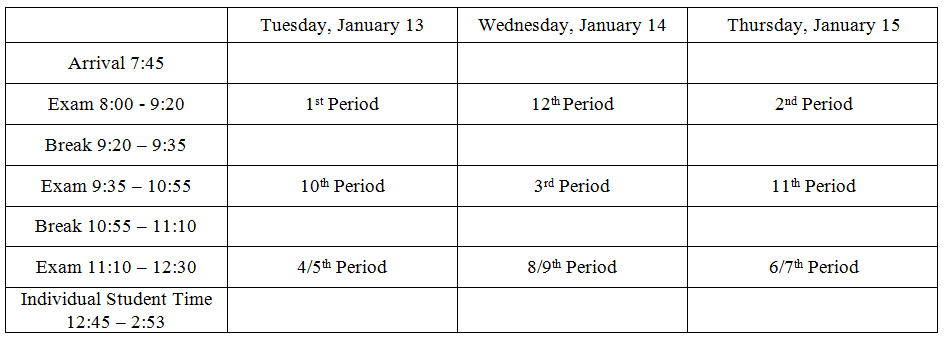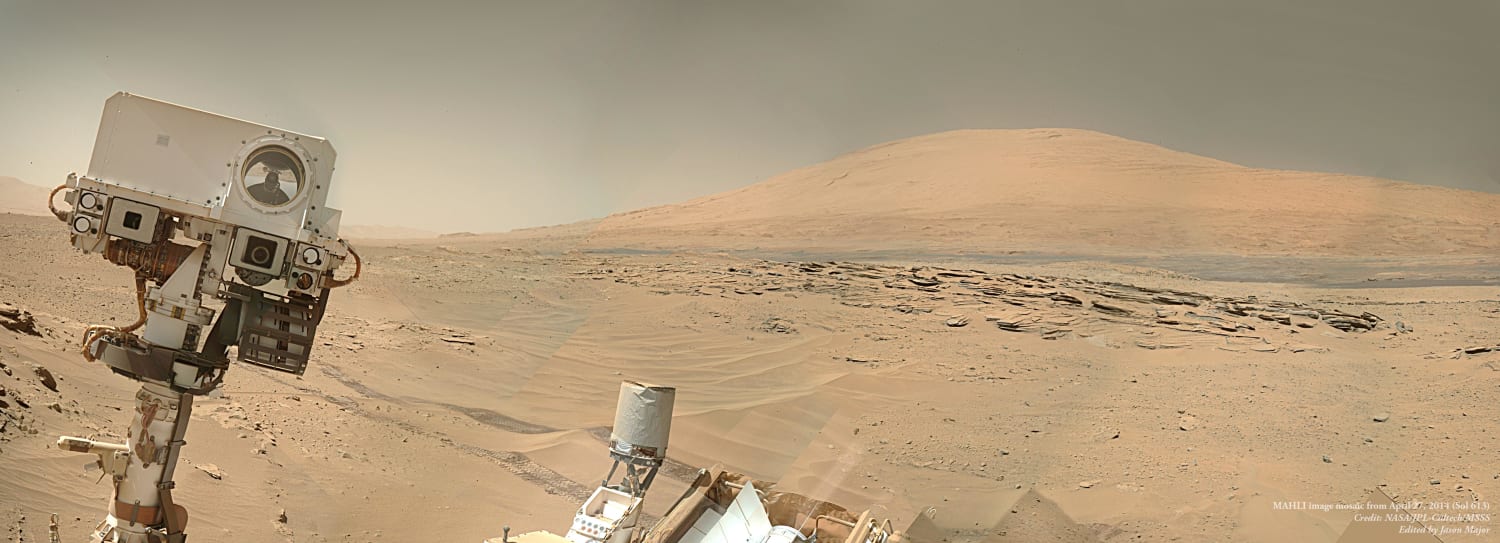We’ve almost made it to the end of the first semester! Congratulations on your accomplishments! This blog post will cover our last week before mid-term exams as well as the mid-term exam schedule, which is as follows:

These Weeks in AP Physics
On Monday we’ll tie up loose ends with angular momentum so that we can take our circular and rotational motion unit test on Tuesday. We will spend Wednesday through Friday covering the oscillatory (back-and-forth) motion of pendulums and mass-spring systems. There will be one homework associated with this. With the remainder of our time and into Monday of exam week, we’ll review a smidge by going through old tests. EXAM WEEK: Your FRQ exam will be during the first period slot, and your MC exam will be during the 2nd period slot. Both will take the full period. Please be sure to bring a calculator to both exams. For the MC exam, you will need a number two pencil.
These Weeks in Physics
We’ll start by wrapping up our unit on energy so that we can take the unit test on Tuesday or Wednesday. This will give us some time to review for the mid-term exam, but we will also likely start our momentum unit. However, momentum will be on the final exam in June but not on this mid-term exam. EXAM WEEK: Sixth period, your exam will be in the 6th/7th period slot. Tenth period, your exam will be during the 10th period slot. No class will take an exam during our lab periods (8th/9th.) Please be sure to bring a calculator and a number two pencil to your exam.
These Weeks in Astronomy
Aaahhh!! NO!!! I can’t believe our time together is over!!! You’ve been such a great group of people to work with, and I will miss you! OK, so with our remaining days, we will travel across the universe to its deepest regions, its darkest past, and its possible futures. This is a really fun topic to end on! We may or may not have time for a unit test on the universe, but it will be incorporated proportionally into the final exam. Our exam period is 11th period. Please be sure to bring your star maps (both rectangular and circular) with nothing written on them except your name. Also you may bring a calculator, which can be helpful but isn’t absolutely necessary. Finally, please be sure to bring a number two pencil.
Cool Science of these Weeks
NASA announced this week that it’s found another clue to the “Is-there-life-on-Mars?” puzzle. The Mars Curiosity Rover (a robot that’s cruising the surface of Mars doing research that it beams back to Earth) has detected regular bursts of methane gas coming out of a rock formation. In addition, Curiosity found organic molecules in that rock. Organic molecules, as you may recall from chemistry, are necessary for life as we know it, and methane is an excretory product of many forms of life. This doesn’t mean there’s necessarily life on Mars; methane and organic compounds can exist in the absence of life. However, their presence is also indicative that life on Mars may be present now or may have been present in the past. We do know that billions of years ago there was flowing water on Mars that was at the right temperature, salinity, and pH for a “primordial soup,” such as the one scientists speculate started life on Earth. Curiosity continues to collect data, so more answers could be coming down the line.

The Mars Curiosity rover takes a selfie in front of Olympus Mons, a giant mountain on Mars. (No, that’s not a desert on Earth. That’s MARS!!!)




